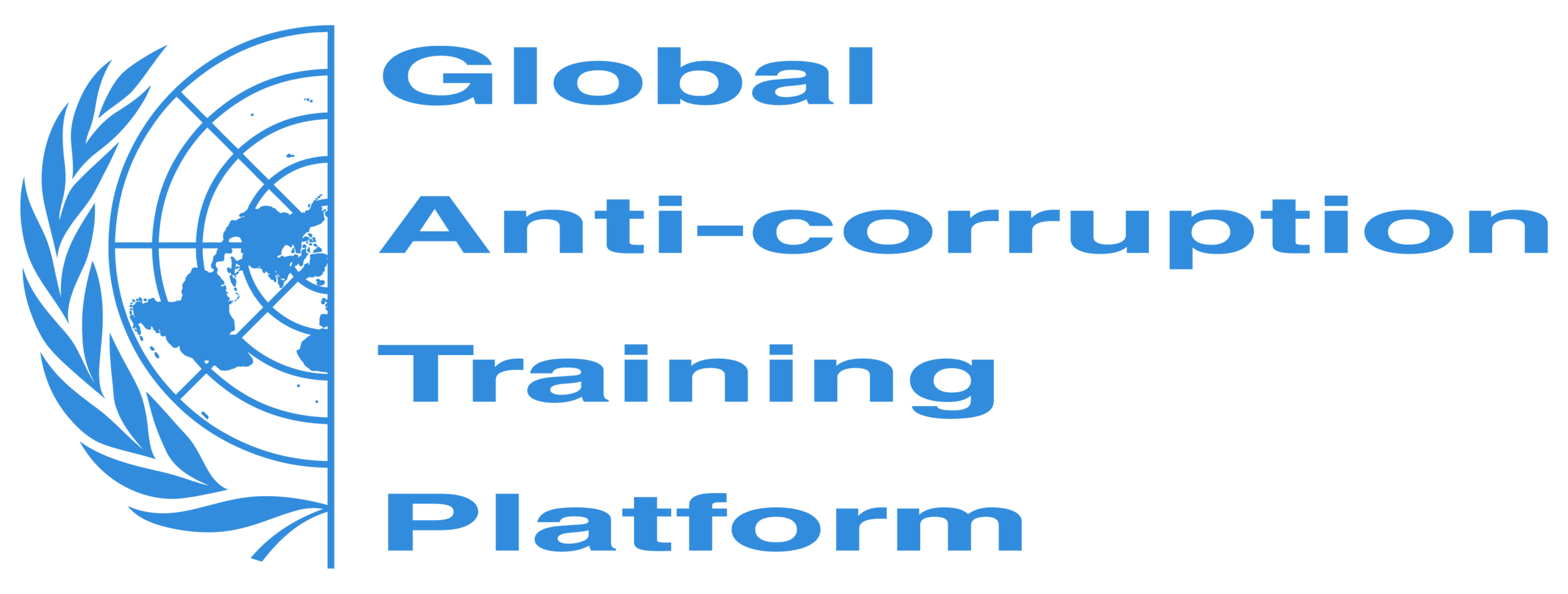Resources - World Bank Group (WBG)
Building Public Support for Anti-corruption Efforts: Why Anti-corruption Agencies Need to Communicate and How
This paper provides a practical overview of how an agency may work with the media to win the support of the public in the fight against corruption. The first part explains why anti-corruption agencies need to take the media particularly seriously, how the media communicate, and what effects they have on the ... Read more
Year of publication: 2010
First Do No Harm - Then, Build Trust: Anti-Corruption Strategies in Fragile Situations
Most familiar anti-corruption strategies require sound state, social, and political institutions, and a minimal level of trust, both in government and among citizens. The absence of all or most of those assets is in part what defines fragility. Another key attribute is an 'expectations trap', in which citizens ... Read more
Year of publication: 2010
Tracking Anti-corruption and Asset Recovery Commitments: A Progress Report and Recommendations for Action
Corruption is a global epidemic. Its impact can be particularly devastating on developing countries, which lose billions of dollars every year through corrupt acts such as bribery, misappropriation of public property, abuse of office, and embezzlement. Corruption and the illicit financial flows that result hinder ... Read more
Year of publication: 2011
Fraud and Corruption Awareness Handbook: A Handbook for Civil Servants Involved in Public Procurement
This handbook is intended for government employees involved in public procurement. It provides some insights into how fraud and corruption schemes work in public investments. The handbook identifies a range of fraud and corruption indicators, or red flags, and relevant schemes that may become apparent ... Read more
Also available in: Polish
Year of publication: 2016
Report of the 2014 Third Biennial Meeting of the WBG’s International Corruption Hunters Alliance (ICHA): Global Local knowledge Impact
The biennial meeting of the World Bank Group’s International Corruption Hunters Alliance (IHCA) is a critical part of our anti-corruption activities. Every two years, more than 350 members of the Alliance come to Washington, D.C., to discuss cutting-edge issues and tactics for combating corruption. ... Read more
Year of publication: 2015
The Fight against Corruption: Taming Tigers and Swatting Flies
Corruption robs the public of precious resources, distorts the incentives to engage in productive activities, destroys confidence in public institutions, and spurs political instability. It disproportionately harms the poor and vulnerable. In turn, corruption is the result of perverse incentives, concentration of ... Read more
Year of publication: 2020






















